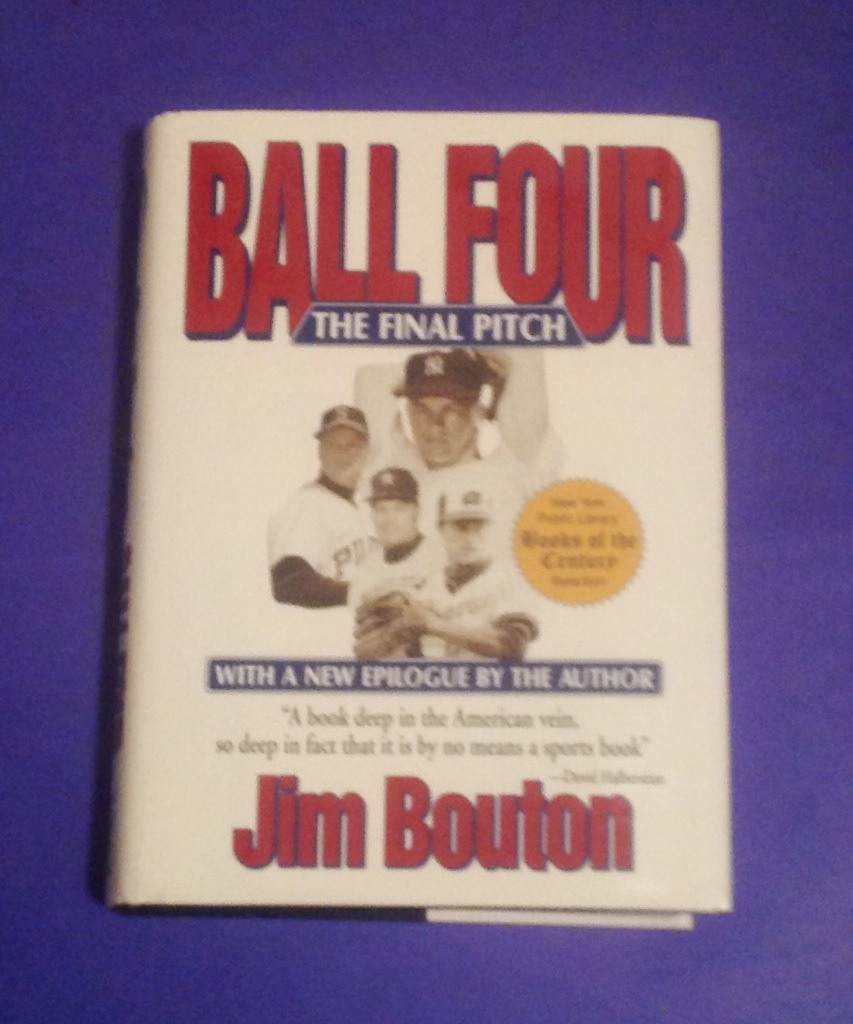The Day I Realized I Had No Skills
I can’t add a user to a network Organizational Unit. I have to have one of our Desktop engineers do it.
I can’t modify a firewall rule. I have to have one of our network engineers do it.
I cannot generate a monthly availability report. I have to have one of our database engineers do it.
I can’t even help people with a question on the phone about one of our products. We have agents to do that.
Slowly the realization hit me. From a technical standpoint, I had no skills. Our printer is broken. I have no clue how to begin fixing it.
This was a difficult realization for me. There was a time where I was the very best in the world at what I did. (The Power of Saying I Don’t Know, How I Saved The EPA, Sometimes You Just Get Lucky.) I’m no longer that guy.
Former Yankees pitcher Jim Bouton wrote the bestselling baseball book, “Ball Four.”
He describes how he knew when he was no longer a professional pitcher. It was long after he’d retired from active playing and as a pitching coach he could no longer get college kids to strike out.
I was there. I could probably get it back, but I realized that I didn’t really want to. I no longer was fascinated by how networks and computers worked. Oh, I like working in IT, but my focus now is on the people and how they want to use software and systems rather than the systems themselves.
So, if I lacked pretty much all technical skills, why do I have a job? Why do I feel like I’m a critical part to the success of my current project?
Because, while I may lack skills, I’ve got a mouth. I can talk. Yes, I know that some people will point out that talking is ALSO a skill, but it’s difficult to point to a task that is accomplished by talking. Talking is talking not doing.
But, my current job is all about talking. And I enjoy it. I have to remind myself that talking is a means to an end, not the end in and of itself. In other words, I don’t want to be the guy who wanders around wasting everyone’s time by sucking up all their time.
Project Managers also need to be able to put together a project plan. I’ll talk about that aspect of my job another day. But, the talking part is a big part.
I work for a telecommunication company. We have lots and lots of phone lines. I was introduced to the unique culture of my company when I had to meet with two other PMs working on my project. We were 3/4 of a “cube farm. I shared a wall with Mike and he shared a wall with me and Chris. And Chris was kitty-corner across from me. (Or katty-corner as Mike would say. . .something about being from the East.) Anyway, we needed to discuss a document so naturally rather than get up and walk 20 feet to the conference room, we fired up Microsoft Lync and held an online meeting while we were literally 3 feet apart.
That’s what we do. . .we talk.
It’s a funny thing about skills that are easy for you and not as easy for others. You tend to discount their importance. I’ve been doing project management work for over a decade. It’s second nature to realize that you talk to different people different ways. With this executive, you need to be deferential. With that one direct. This director is hesitant to make a decision, so you need to present him with an iron clad case. That one is given to snap judgements, so make sure you’ve thought through the possible ramifications.
A routine maintenance schedule change came through my mailbox last week. Within minutes an account manager sent me a note reminding me that the client needed to be informed.
Already sent it.
So, yes, I understand that talking is a skill. Well, talking effectively is. But, I still miss the days when I was the doer, not necessarily the talker.
Rodney M Bliss is an author, columnist and IT Consultant. He lives in Pleasant Grove, UT with his lovely wife and thirteen children and one grandchild.
Follow him on
Twitter (@rodneymbliss)
Facebook (www.facebook.com/rbliss)
LinkedIn (www.LinkedIn.com/in/rbliss)
or email him at rbliss at msn dot com


Trackbacks & Pingbacks